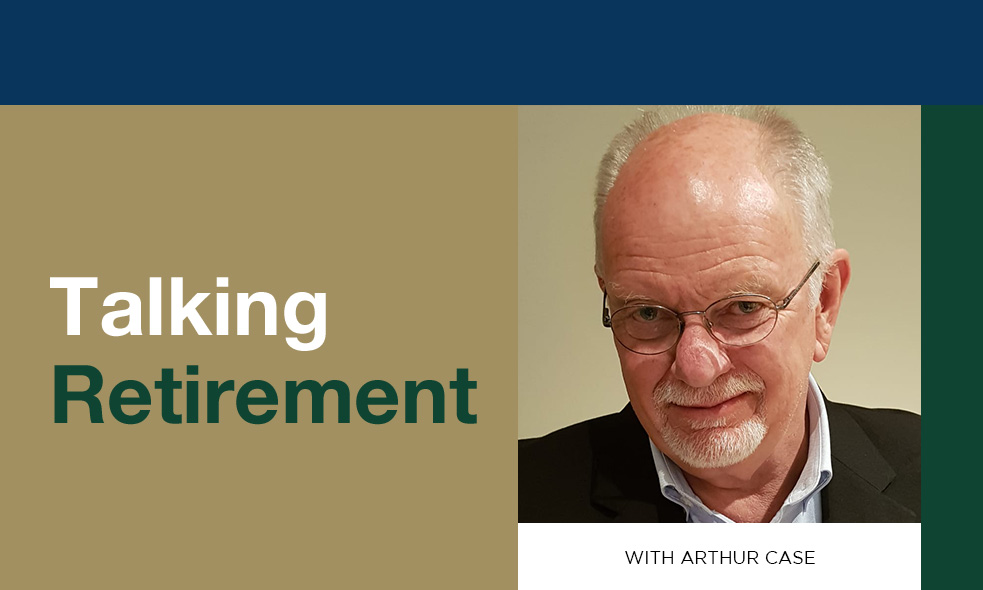
The transition to retirement
Thirty years ago, I attended a lecture on change and transition by Dr William Bridges in Minneapolis, USA. I’ll never forget what he said: that change is what happens in the real world, while transition is what happens in the mind. And, that when planned change fails, it’s usually because people have not made the mental transition to accept the change.
He offered a simple way to understand transition by breaking the process down into three clearly defined stages.
Stage 1 is all about making endings and letting go. Real change, he said, must begin with an ending. While it may seem counter-intuitive, it’s really about letting go of the way you currently do things, or of your present role, whether that’s in a company or society.
Stage 2 is the neutral zone, the period of time when the old way or attitude has been discontinued, but the new one has yet to be convincingly established. It’s the in-between space that can seem scary, but in fact allows time for creativity and exploring new opportunities that may previously have seemed impossible.
Stage 3 he called new beginnings and it embodies our vision of the future. New approaches, ways of living and relationships are formed as we exit the neutral zone and commit to the change.
Think about it: This simple 3-step process happens during all of life’s changes, big and small. The shift from being single to being married, a geographical relocation, changing jobs or companies – these are all real-world changes that are only successful if we let go of the past and embrace a new way of living.
Entering retirement is a major change and it comes at a time in life when many of us have become change averse. When I notice that a retired friend or ex-colleague is having difficulty adapting to their retirement lifestyle, it’s usually because retirement, the real-world change, has not been accompanied by a matching mental transition. The inability or unwillingness to let go of the past and make the necessary endings is typically at the heart of the problem.
Men in particular seem to have difficulty in letting go of who they were at work. In many cases, their entire persona is wrapped up in who they used to be and the position they once held. So much so, that when they introduce themselves, they will often reference the past, saying, “I’m so and so and I used to be the CEO of an international retail business.”
Most of us have things we need to let go of when we retire, from leaving the family home and downscaling to a smaller house to possibly revisiting our monthly spending budget. Other changes we’ll need to navigate will include how we use our time, which activities we’re able to enjoy and changes in our relationship.
If we’re able to let go of most of the inappropriate elements of our pasts (inappropriate for retirement that is), and get through the neutral zone – this can take weeks, if not months – we’ll find ourselves following different dreams, adding value to our families and communities and able to embrace retirement as a new beginning, irrespective of the challenges that aging throws our way, our financial position or the state of our health. At Evergreen Lifestyle we love to partner with purchasers and residents as they transition to retirement by offering a relaxing lifestyle in beautiful surroundings. To find out more about Evergreen Lifestyle, call Sharon on 087 808 7000 and ask about our Partnership for Life promise.



